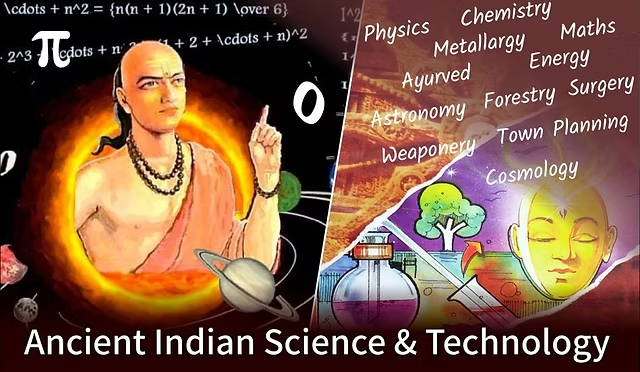Font size:
Print
Central Council for Research in Ayurvedic Sciences-National Institute of Indian Medical Heritage ( CCRAS-NIIMH), Hyderabad
Context:
World Health Organisation (WHO) designated CCRAS-NIIMH, Hyderabad as collaborating centre for “Fundamental and Literary Research in Traditional Medicine”.
More on News:
- NIIMH is the first WHO Collaborating Centre for “Fundamental and Literary Research in Traditional Medicine”.
- This recognition is granted for a period of four years, starting from June 3, 2024.
- It will assist WHO in standardising terminologies for Ayurveda, Unani, Siddha, and Sowa-Rigpa and updating Traditional Medicine Module-II for Eleventh edition of International Classification of Diseases (ICD-11).
- It will aid member states in developing research methodologies for Traditional Medicine.
DO YOU KNOW?
In India, there are approximately 58 WHO Collaborating Centres spanning various disciplines of biomedicine and allied sciences.
- Notably, CCRAS-NIIMH, Hyderabad, joins as the third WHO Collaborating Centre in the domain of Traditional Medicine, following:
- Institute for Teaching & Research in Ayurveda, Jamnagar
- Morarji Desai National Institute of Yoga (MDNIY), New Delhi.
About National Institute of Indian Medical Heritage (NIIMH)
- Establishment: in 1956 as a Department of History of Medicine at Andhra Medical College, Visakhapatnam, later transferred to Hyderabad in the same year.
- Renamed as the National Institute of Indian Medical Heritage in 2009.
- Focus: Medico-historical research in various traditional medicines such as:
- Ayurveda, Yoga Naturopathy, Unani, Siddha, Sowa-Rigpa, Homoeopathy, and Biomedicine and other related healthcare disciplines in India.
- Houses more than 500 physical manuscripts, alongside the Medical Heritage Museum and Library, featuring rare books and manuscripts dating back to 15th century AD.
- It has been a pioneer in various digital initiatives of Ayush, including:
- AMAR Portal: Catalogues 16,000 Ayush manuscripts, with 4,249 digitised manuscripts, 1,224 rare books, 14,126 catalogues, and 4,114 periodicals.
- SAHI Portal: Displays 793 medico-historical artefacts
- e-Books of Ayush: Digital versions of classical textbooks
- NAMASTE Portal: Collects cumulative morbidity statistics from 168 hospitals
- Ayush Research Portal: Indexes 42,818 published Ayush research articles
|
Central Council for Research in Ayurvedic Sciences (CCRAS)
|
HISTORICAL HIGHLIGHTS
While the West celebrates Hippocrates (460–377 BC) as the father of medicine, the Maharishi Charaka authored the renowned Charaka Samhita around 500 BC.
- This ancient text offered detailed insights into human anatomy, pathology, diagnostics, and treatments, forming a cornerstone of Ayurvedic medicine.
- Alongside the Suśruta Saṃhitā, it was a key resource for ancient medical knowledge.
- Charaka outlined eight major disciplines of Ayurveda: surgery, ENT, mental health, paediatrics, toxicology, pharmacology, reproductive medicine.
- He extensively detailed the functions of the heart and circulatory system.


